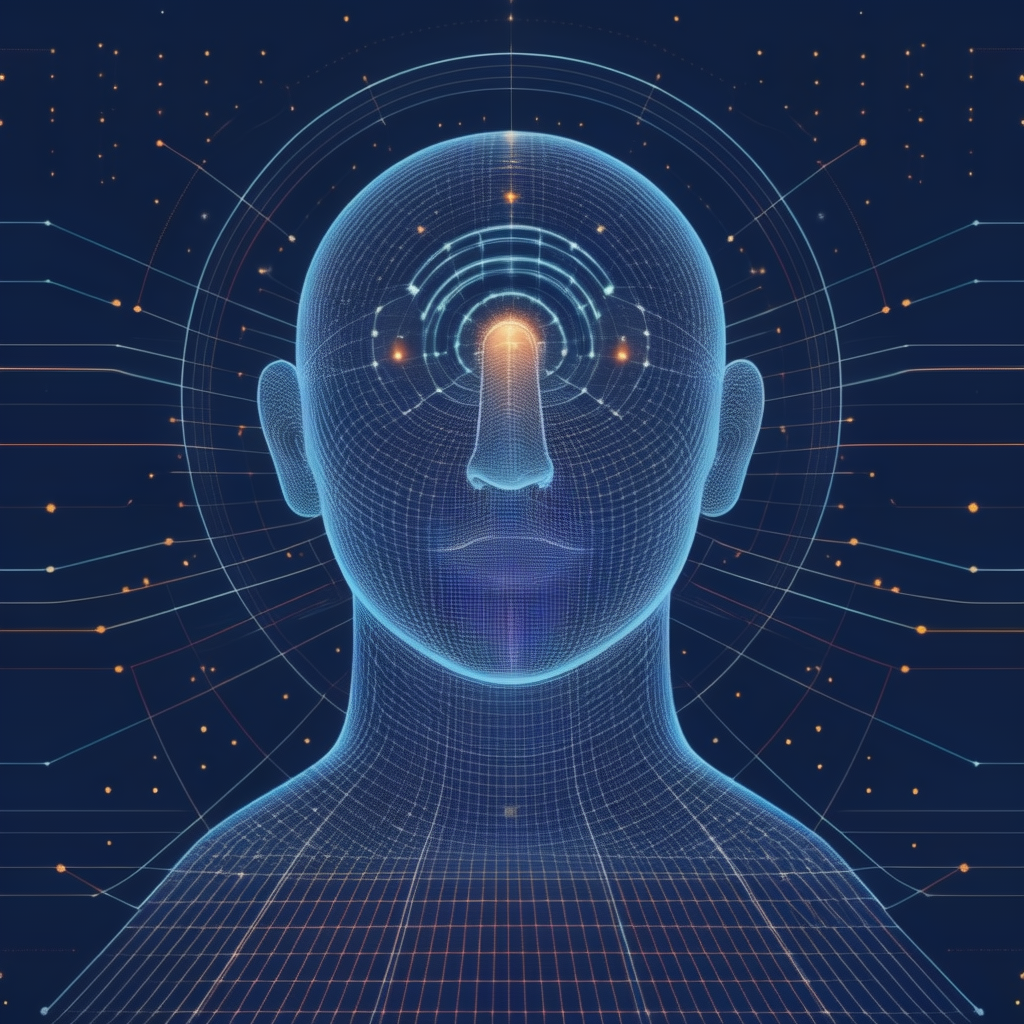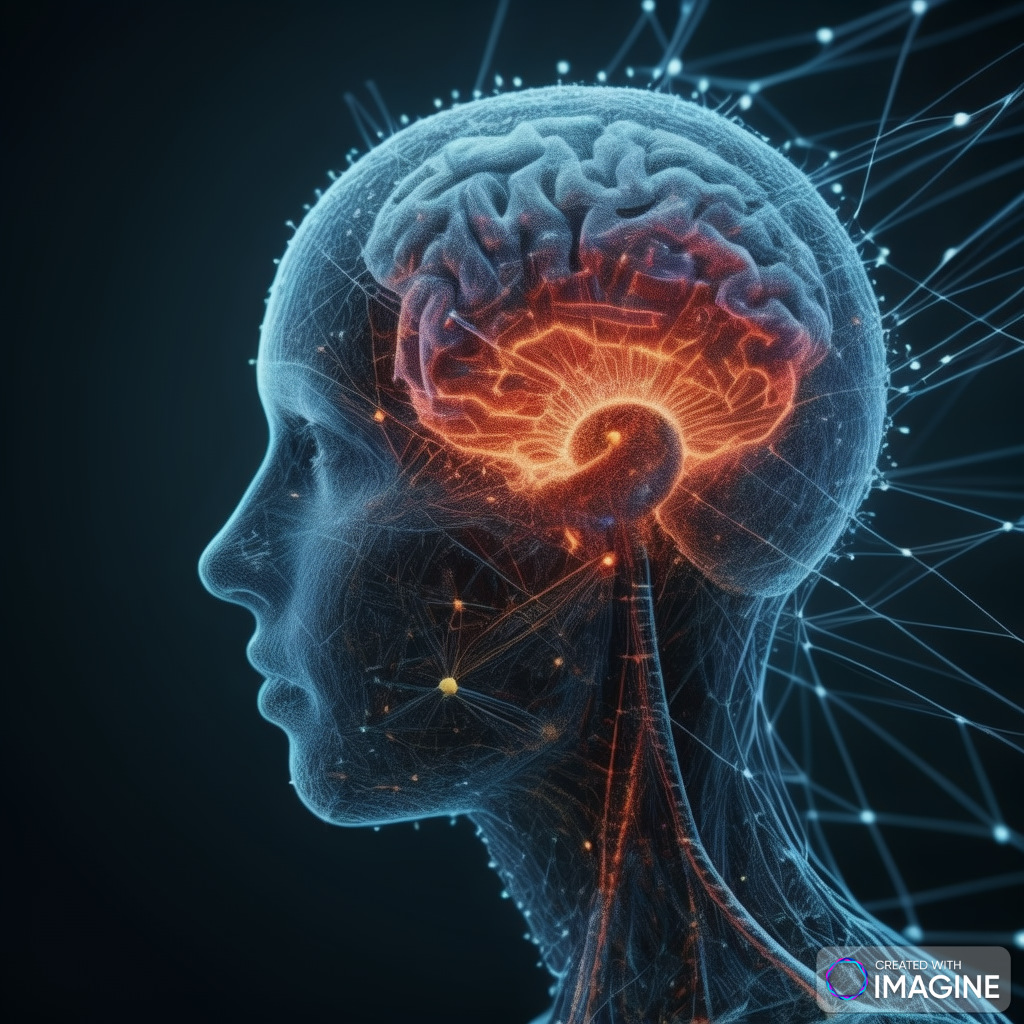Reasoning in Artificial Intelligence (AI) is revolutionizing the way we interact with technology, making machines not just perform tasks but also make decisions. At the heart of intelligent decision-making lies the concept of reasoning. In the realm of AI, reasoning is the cognitive process of drawing inferences or conclusions from available information. Let’s delve into the intricacies of reasoning in artificial intelligence.
1. Types of Reasoning in AI
Deductive Reasoning
Deductive reasoning involves deriving specific conclusions from general principles. In AI, this is akin to following logical rules to make precise conclusions. For example, if the rule is “All humans are mortal,” and the system knows that “Socrates is a human,” it can deduce that “Socrates is mortal.”
Inductive Reasoning
Inductive reasoning is the opposite, where general principles are inferred from specific observations. In AI, this involves learning from examples and making generalizations. Machine learning algorithms often utilize inductive reasoning to make predictions based on patterns identified in data.
Abductive Reasoning
Abductive reasoning involves making the best guess or explanation given incomplete information. This type of reasoning is crucial in situations where not all the facts are available. AI systems may use abductive reasoning to fill in missing pieces of information and make plausible decisions.
Analogical Reasoning
Analogical reasoning involves drawing conclusions by finding similarities between different situations. AI systems can benefit from analogical reasoning to apply knowledge from one domain to solve problems in another. This ability enhances the adaptability of AI in diverse scenarios.
Meta-Reasoning
Meta-reasoning refers to the ability of a system to reason about its own reasoning processes. This higher-level cognitive function enables AI to monitor and improve its decision-making strategies over time, leading to more efficient and effective outcomes.
Non-Monotonic Reasoning
Non-monotonic reasoning allows AI systems to revise conclusions in the face of new information without discarding the entire knowledge base. This dynamic form of reasoning is essential for adapting to changing circumstances and updating beliefs.
2. Symbolic vs. Statistical Reasoning
Symbolic Reasoning
Symbolic reasoning involves manipulating abstract symbols based on rules. This approach is more rule-based and logic-driven. Expert systems often use symbolic reasoning to represent and manipulate knowledge in a structured manner.
Statistical Reasoning
Statistical reasoning, on the other hand, relies on probabilistic models and data-driven analysis. Machine learning, particularly deep learning, falls into this category. These systems learn from large datasets, identifying patterns and making predictions based on statistical probabilities.
Hybrid Reasoning
The future of reasoning in AI may lie in hybrid approaches that seamlessly integrate symbolic and statistical reasoning. Combining the strengths of both methods allows AI systems to handle complex scenarios, leveraging logic and learning simultaneously.
3. Challenges in Reasoning
Uncertainty
One of the major challenges in reasoning is dealing with uncertainty. Real-world scenarios are often ambiguous, and AI systems need to navigate this uncertainty to make effective decisions. Probabilistic reasoning models help address this challenge by assigning probabilities to different outcomes.
Common-Sense Reasoning
Infusing AI systems with common-sense reasoning, the ability to understand and apply everyday knowledge, remains a significant challenge. Humans often rely on common-sense reasoning to make sense of the world, and integrating this into AI is an ongoing research area.
Explainability
As AI systems become more complex, ensuring their decisions are explainable is crucial. Transparent reasoning processes are essential for building trust and understanding how AI arrives at specific conclusions.
Ethical Considerations
The ethical implications of AI reasoning are gaining prominence. Ensuring that AI systems make fair and unbiased decisions requires addressing ethical considerations in the design and implementation of reasoning algorithms.
Cognitive Biases
AI systems can inadvertently inherit and perpetuate human cognitive biases present in training data. Addressing and mitigating these biases is crucial for ensuring fair and equitable reasoning in AI decision-making.
The Future of Reasoning in AI
As AI continues to advance, the future of  lies in creating more versatile and context-aware systems. Hybrid approaches that combine symbolic reasoning with statistical methods are gaining traction. This allows AI systems to leverage the strengths of both approaches, improving adaptability and decision-making in complex scenarios.
lies in creating more versatile and context-aware systems. Hybrid approaches that combine symbolic reasoning with statistical methods are gaining traction. This allows AI systems to leverage the strengths of both approaches, improving adaptability and decision-making in complex scenarios.
In conclusion, reasoning is the cognitive backbone of artificial intelligence, enabling machines to think, learn, and make informed decisions. Understanding the diverse forms of reasoning and addressing associated challenges, including cognitive biases and ethical considerations, will play a crucial role in shaping the future landscape of AI.







